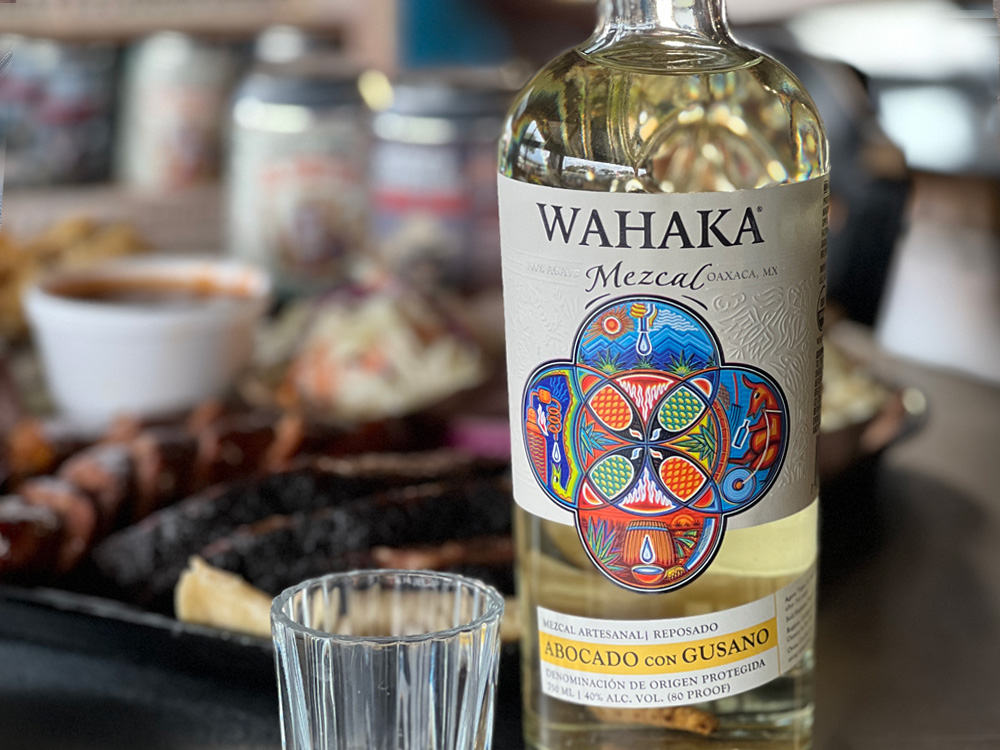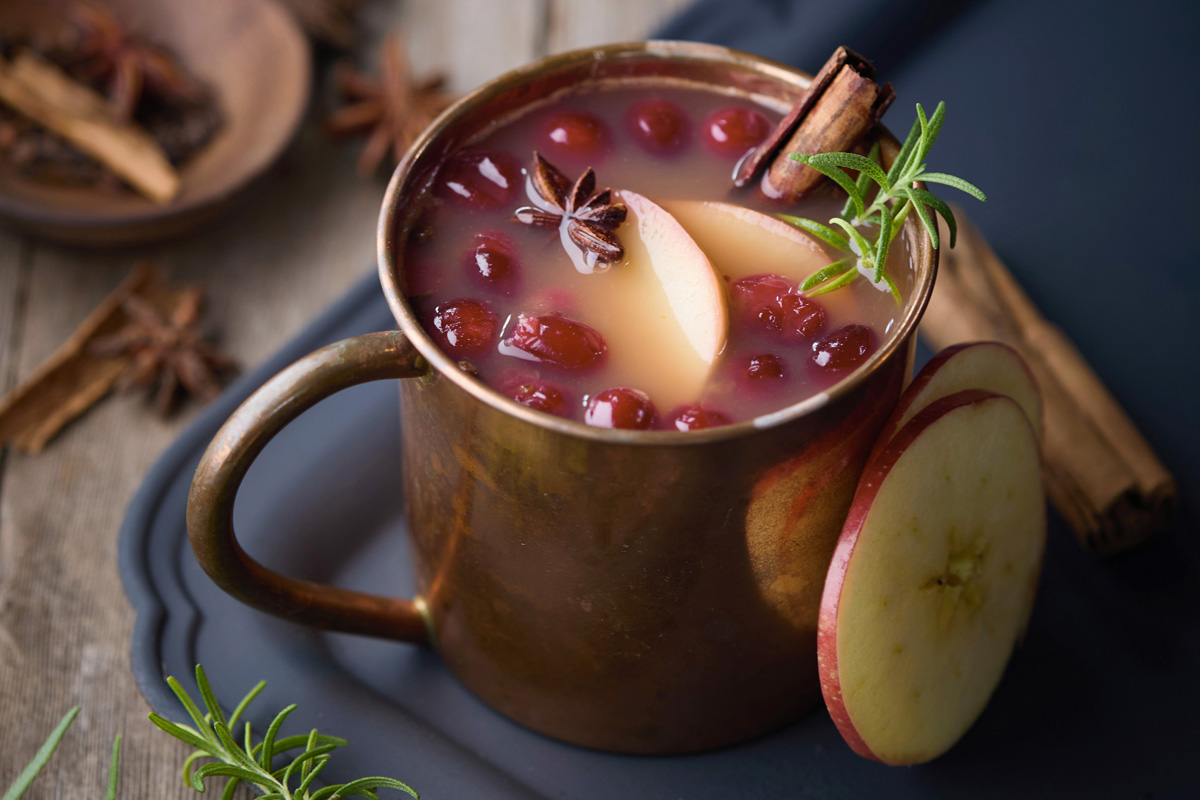
It doesn’t get any more local than this.
U.S. Army veteran Robert Ragels and his wife, Claudia, ended up in the goat dairy farm business looking for answers to help their son, Robin. About 20 years ago, they realized an alternative source of milk might help their baby boy, who suffered from constant ear infections.
“A doctor from Sedona told us goat’s milk might work,” Mrs. Ragels explained.
So, they bought a little land and started out with “one goat for the milk, then a companion goat” in Flagstaff, Arizona. The raw goat’s milk was a success and soon Robin was feeling much better – and the Ragels discovered their new passion.
“No ear infections anymore, all of a sudden,” she added. “That was cool, so we bought a few more goats, made a little cheese, then some soap – and decided to move here, with our goats.”
That was in 2005. Then, just a few years later, when Mr. Ragels learned he had post-traumatic stress disorder, the sweet dairy goats came to the rescue again, this time not for the milk, but for the milking.
“They told me to work with animals,” Mr. Ragels explained. “I love it, working with the goats, making the cheese, it’s all very peaceful.”
By then they were in New Braunfels, and the little dairy goat farm, which was a tiny operation, started to grow. Today, it’s a family business – a Grade A certified dairy and cheesery – with about 130 goats (including the 70 they milk twice a day), a small orchard, other happy farm animals, and our favorite, the nursery, where we got to play with the frolicking baby goats.

Mrs. Ragels explained the goats live about 12 to 15 years. After their milking days are done, about 10 years, they get to retire and vacation on the Ragels farm.
“They work so hard for us, they earned their retirement,” Mr. Ragels said.
Then, a couple of years ago, when the opportunity to buy cheese-making equipment at a huge discount turned up out of nowhere, they knew it was time to scale up.
FRESH FARMSTEAD CHEESE
The Ragels sell gallons of their Grade A goat’s milk (only avail- able for pick-up at the Goatilicious farm for $16/gallon), make farmstead cheese that they sell at local farmers markets (and hand- made soaps and creams, too) and breed goats from their registered Ragels Ziegenhof herd to help others get a start.
Indeed, Mr. Ragels uses the freshest goat’s milk to make his cheeses. His milk travels just a few steps from where they milk the goats to the small facility where they turn it into chèvre, aged cheddar (8 months), feta, La Mancha Espanola (a Manchego-style cheese) and Tomboy cheeses, to name just a few. From there, product moves literally another step to age in the adjacent cheese cave or walk-in cooler, depending on the cheese.
“The cheese is made from the [goat’s] milk on the farm, at the farm and it’s all one continuous process,” Mr. Ragels proudly explained.
We were lucky to be there in time to watch Mr. and Mrs. Ragels make cheddar, a two-person job and quite labor intensive. The cheddar is the only cheese that has added salt, and once the salt is added, no adjustments can be made – they must be very careful in their measurements and timing from step to step.
It’s easy to see how much pride and care they take in making every batch, and how much they love their animals, registered as a herd under the name Ragels Ziegenhof.
“Every single one of our goats has a name, every single one,” Mr. Ragels added.

But the endeavor to scale up, as with any period of growth, has had its own set of challenges, mostly in cost overruns thanks to bad weather and other factors.
“We finally finished the back part of our dairy building and have the milk room, tank room and creamery all finished and certified,” Mr. Ragels said. “The front part of the dairy is a different story and we still need to finish the store, soap kitchen and kitchen for cheese classes … one step at a time.”
ENTER THE CHEFS
When Chef Stephen Paprocki, president of the Chef Cooperatives, stopped by to visit his fellow Pearl Farmers Market vendor, he fell in love with the ranchers’ dedication and approach and saw the dairy farmers could reach their goal with a little help.
The Chef Cooperatives formed almost 7 years ago, when local San Antonio chefs got together to look for helpful ways to give back to farmers. And this is exactly the kind of opportunity that gives our local food champions the chance to have the most impact on our foodways.
To learn more about Goatilicious, visit drinkgoatsmilk.com. Eat, drink, think – and enjoy a visit with the charming goats, ranchers and chefs.






